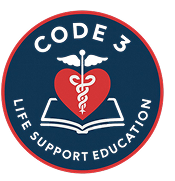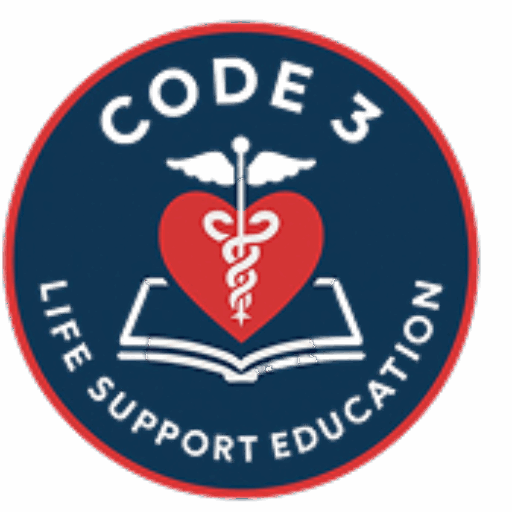Eligibility FAQs for Popular Healthcare Certifications
If you’re considering a career in healthcare, certifications are an excellent way to boost your skills, credibility, and job opportunities. However, one of the most common questions professionals have is: “Am I eligible?”
Below, we answer frequently asked questions (FAQs) about eligibility for some of the most popular healthcare certifications.
- Certified Clinical Medical Assistant (CCMA)
Q: Who is eligible to take the CCMA exam?
Anyone who has completed a medical assisting training program within past 5 years and/or those with one year of supervised work experience in the last 3 years.
Q: Do I need a high school diploma?
Yes, a high school diploma or GED is required.
Q: Can I take the exam while I’m still in training?
Yes, students currently enrolled in a program may apply, but proof of program completion is required before certification is granted.
- Certified Pharmacy Technician (CPhT)
Q: What are the basic eligibility requirements for CPhT?
Following are the eligibility requirements for CPht:
- High school diploma (or equivalent).
- Compliance with all PTCB certification policies.
Q: Do I need pharmacy work experience?
No prior work experience is required for PTCB’s CPht.
Q: Do I need to pass a background check?
It is expected from candidates to disclose any criminal history or professional misconduct.
- Certified Phlebotomy Technician (CPT)
Q: What’s required to sit for the CPT exam?
Either of the two things is required to sit for the CPT exam:
- Completion of a phlebotomy training program OR
- One year of supervised work experience in the past 3 years.
Q: Do I need proof of blood draws?
Yes, documentation of 30 venipunctures and 10 capillary sticks performed on live individuals is typically required.
- Certified Medical Administrative Assistant (CMAA)
Q: Who can take the CMAA exam?
Candidates who have completed a medical administrative assistant training program within the last 5 years. Alternatively, one year of supervised work experience in the last 3 years.
Q: Is a diploma necessary?
Yes, a high school diploma or GED is mandatory.
- Certified EKG Technician (CET)
Q: What are the eligibility requirements for CET?
Either of the two things is required to sit for the CET exam:
- Completion of an EKG technician training program OR
- At least one year of supervised EKG work experience in the past 3 years.
Q: Do I need clinical experience?
Yes, proof of performing at least 10 EKGs on live individuals is required.
- Certified Electronic Health Records Specialist (CEHRS)
Q: Who is eligible for CEHRS certification?
Either of the two things is required to be eligible for CEHRS certification:
- Candidates who have completed an electronic health records specialist training program within the past 5 years.
- OR those with one year of supervised work experience in EHR within the past 3 years.
Q: Do I need to be a healthcare provider?
- No, but you must have knowledge of health records management, compliance, and data entry.
- Certified Billing and Coding Specialist (CBCS)
Q: What’s required for CBCS certification?
Either of the two things is required for the CBCS certification:
- Completion of a medical billing and coding training program OR
- One year of supervised work experience in medical billing/coding in the last 3 years.
Q: Do I need to know both billing and coding?
Yes, the certification covers both processes, so familiarity with ICD-10, CPT, and HCPCS Level II codes is expected.
- Certified Patient Care Technician/Assistant (CPCT/A)
Q: Who is eligible to take the CPCT/A exam?
Either of the two things is required to be eligible for CPCT/A certification:
- Completion of a patient care technician training program in the last 5 years OR
- One year of supervised work experience in patient care in the last 3 years.
Q: What’s the minimum education requirement?
A high school diploma or GED is the minimum education requirement.
Q: Do I need hands-on clinical experience?
Yes, candidates must demonstrate skills in basic patient care, phlebotomy, and EKG procedures.



